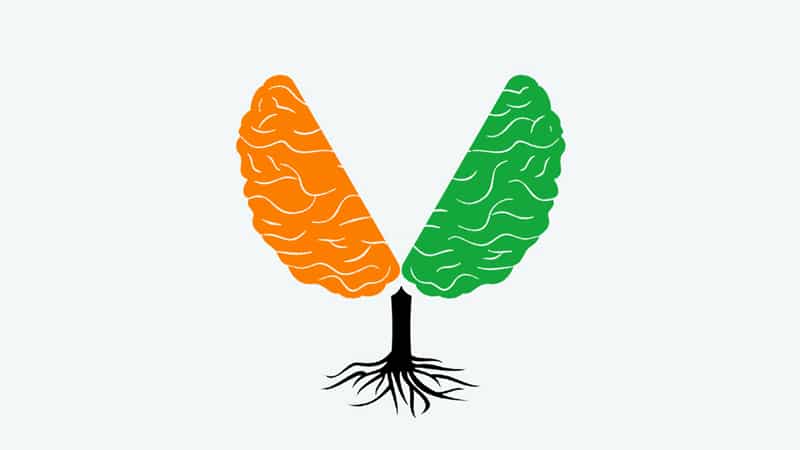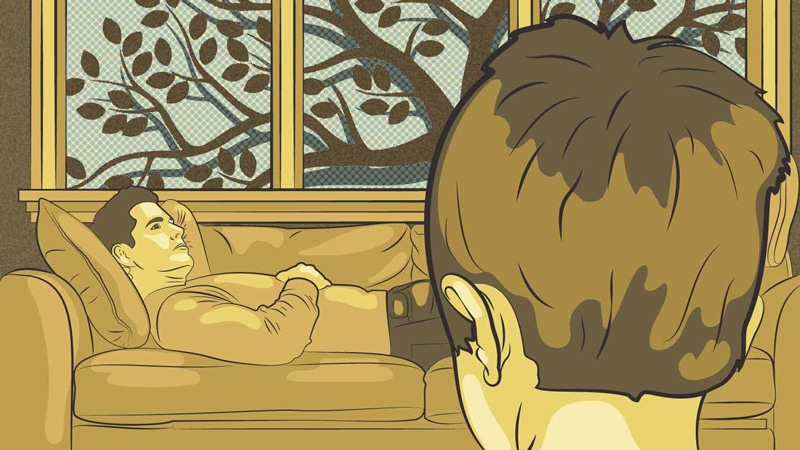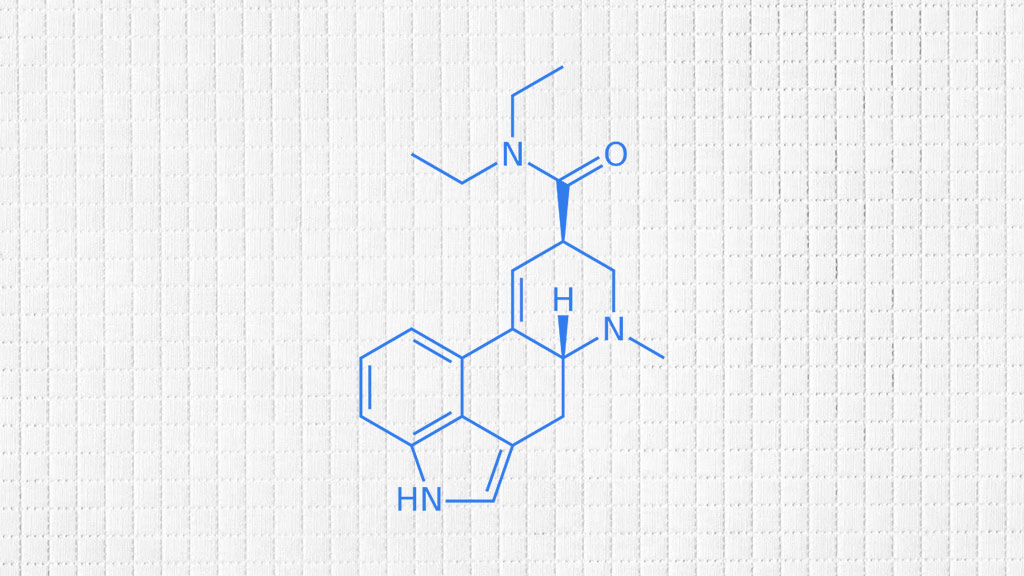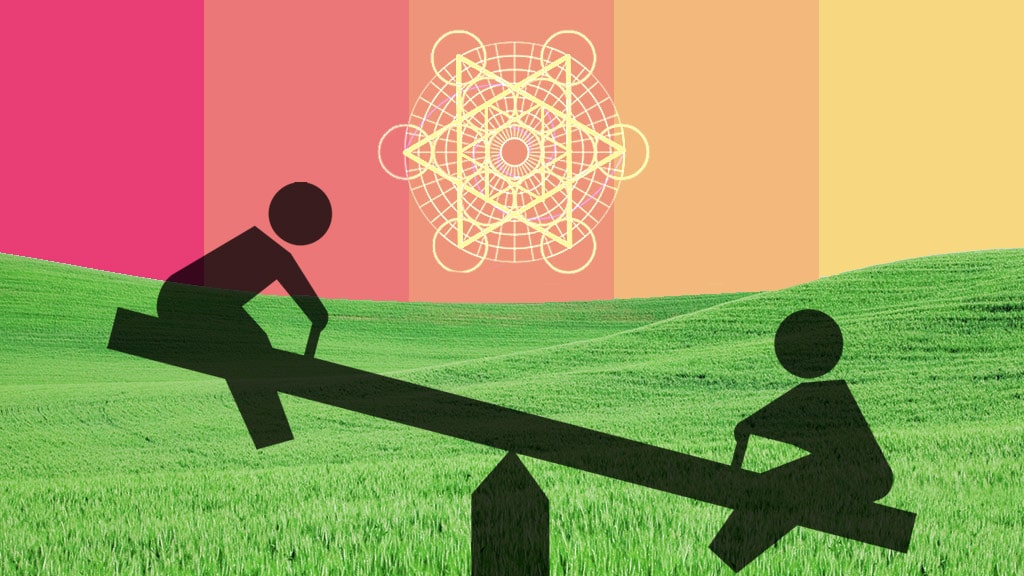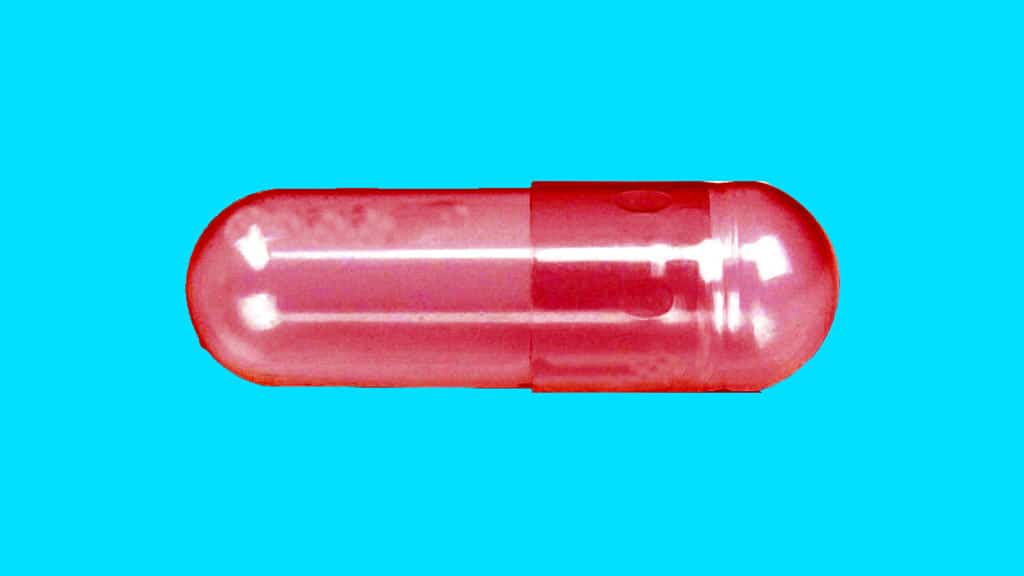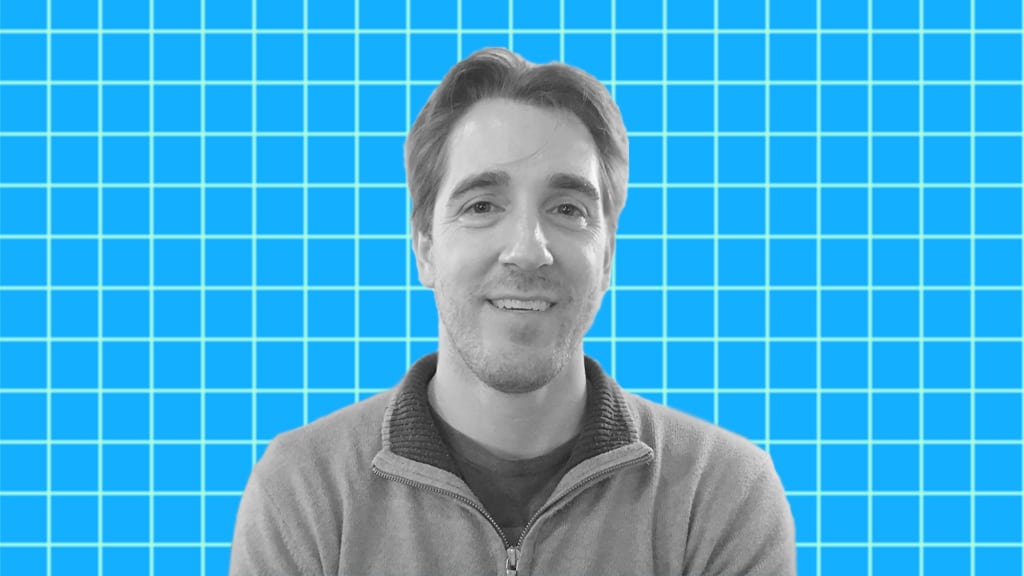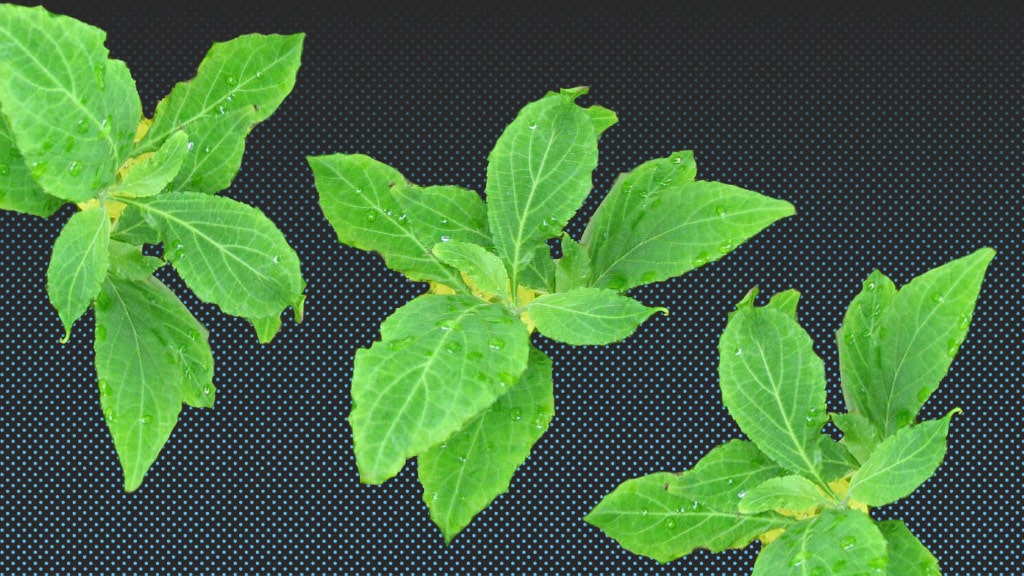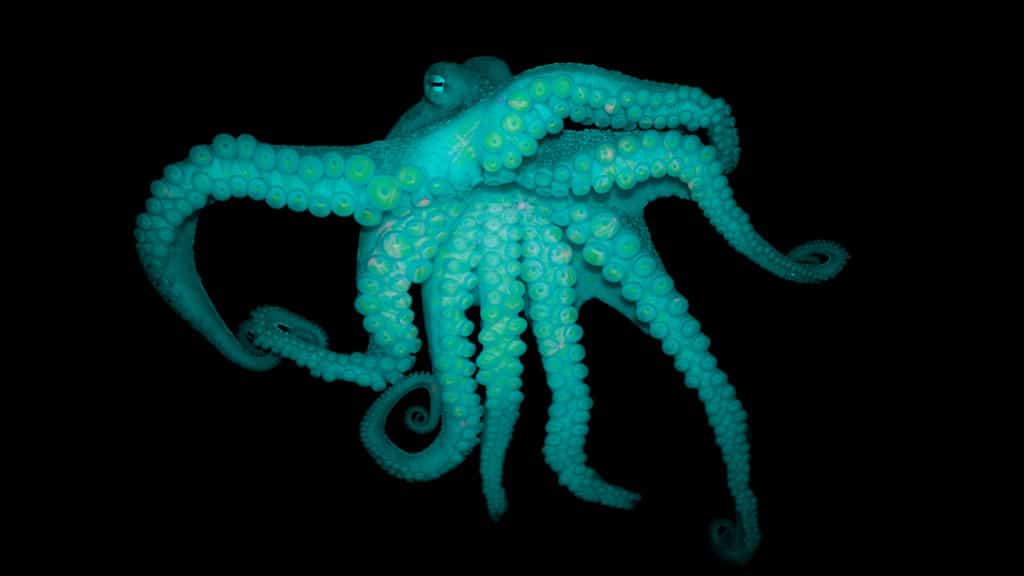Of Molecules and Minds: The Science of Ayahuasca
August 16, 2017
There’s a beauty and sense of wonder that comes from knowing how the world works, and the nature of the psychedelic experience dovetails almost perfectly with that awareness.
You’ve had a life-changing experience with psychedelics. Do you tell your kids?
August 22, 2017
“Did you ever pick mushrooms off of cow poop when you were biking in Hawaii?” I ask her. “Actually, yes,” she admitted. I take advantage of the ease at which a conversation like this flows with my mom.
Meet the professor who self-administered 73 high-dose LSD sessions
September 5, 2017
I chose to learn Grof’s methods for working therapeutically with LSD and use them in my private life to systematically explore my own mind and the mind of the universe as deeply as possible—73 high-dose sessions over 20 years.
How Psychedelic Science Privileges Some, Neglects Others, and Limits Us All
September 20, 2017
There is an urgent need for cultural humility in psychedelic science in order to prevent it from falling into the same limiting, and often unethical, traps that we see in Western science and medicine.
I was in the MAPS MDMA for PTSD study. It freed me from a childhood of abuse.
October 3, 2017
MDMA-assisted psychotherapy gave me the ability to feel compassion and empathy for myself.
LSD Cured My Eating Disorder
April 12, 2018
As a teenager, I was taking ten milligrams of Ritalin daily. Later, I grew to love the way these pills made it easier for me not to eat.
We talked with a researcher using psilocybin for cocaine addiction in Alabama
April 17, 2018
I came to a working hypothesis: at the center of the mystical experience is awe, wherein one is in the presence of something so great, so large, that it requires they completely reorder their mental structures - completely change the way they view reality.
Becoming a Psychedelic Researcher: Alan Kooi Davis
April 25, 2018
Why researchers like Alan Kooi Davis — the newest addition to the Johns Hopkins psychedelic research team — decide to devote their careers to studying psychedelics.
Salvinorin A. Is it possible to have a truly powerful painkiller that is not addictive?
May 7, 2018
We need new drugs. The opioid epidemic gripping the United States has brought into public awareness a problem that has bedeviled the world of medical science for decades: is it possible to have a truly powerful painkiller that is not addictive?
What happens when you give an octopus MDMA?
July 23, 2018
A team of researchers bathed octopuses in MDMA. Here's what they learned.
